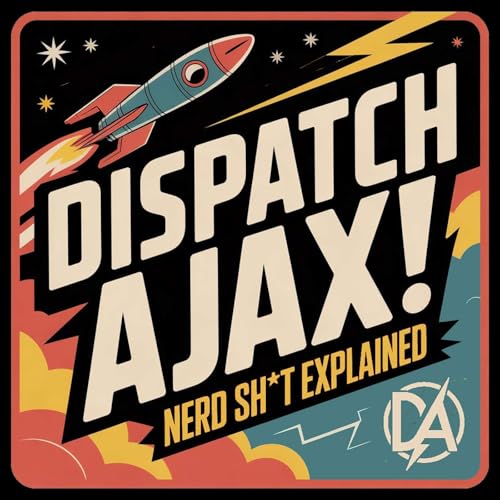A cabin shakes in the night, boulders slam the walls, and a furry arm reaches for an axe—a century-old story that still echoes through American folklore. Today we go Squatchin' with Sunbow.
From that 1924 Ape Canyon account to the grainy stride of the Patterson–Gimlin film, we chase the moments that turned Bigfoot from campfire whisper to cultural touchstone, and ask why those 39 seconds won’t let go of us. Along the way, headlines get loud, memories get mythic, and the wilderness does what it does best: hide things in plain sight.
We follow the thread into modern mysticism with Sunbow True Brother, whose journey through ceremonies, rainbow gatherings, and channeling Elder Kamooh reframes Sasquatch as interdimensional caretakers and “elder brothers.” There’s an earnest environmental ethic in that message—heart-centered community, spiritual ecology, and a plea to protect the land. But we also test the edges: where does synthesis become appropriation, and when does a powerful story outpace the consent and context it borrows? Belief can inspire action, yet it still deserves scrutiny.
Then comes the lab coat chapter: the Sasquatch Genome Project, half a million dollars, contested samples, and bold claims of human-adjacent DNA. We unpack the methods, the peer-review pitfalls, and why starting with a conclusion is a trap for any field that calls itself science. Conspiracies swirl—international committees, embassy memos, missing artifacts—and we draw a line between healthy skepticism and a worldview where secrecy explains every gap. It’s possible to love mysteries and still demand evidence; it’s possible to hold wonder without surrendering judgment.
What emerges is a portrait of Bigfoot as a mirror. Frontier fear, cinematic proof, ecological longing, and the constant tug-of-war between curiosity and certainty all live here. If you’ve ever paused on that famous frame and felt the hair on your neck lift, this conversation meets you there—offering context, caution, and a few good laughs. Hit play, bring your questions, and tell us where you land. If this journey sparks your brain, subscribe, share with a friend, and leave a review to help more curious minds find the show.
 Nov 27 202551 mins
Nov 27 202551 mins Nov 21 20251 hr and 7 mins
Nov 21 20251 hr and 7 mins Nov 14 202537 mins
Nov 14 202537 mins Nov 11 202558 mins
Nov 11 202558 mins Nov 1 202556 mins
Nov 1 202556 mins Oct 27 202514 mins
Oct 27 202514 mins Oct 22 20251 hr and 3 mins
Oct 22 20251 hr and 3 mins Oct 13 202536 mins
Oct 13 202536 mins

